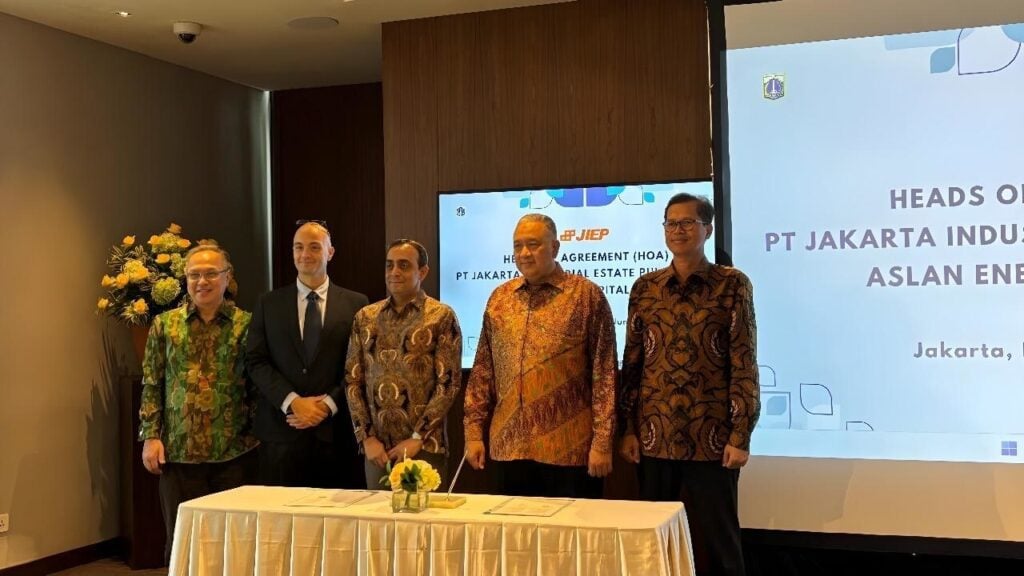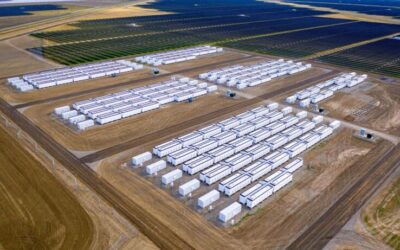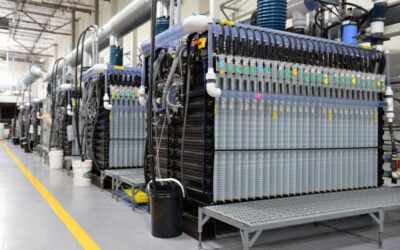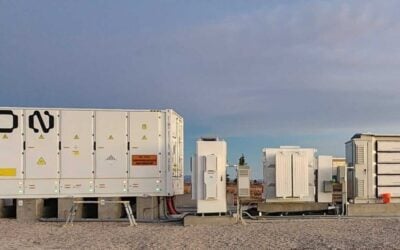
Singaporean renewable energy developer Aslan Energy Capital has penned a new deal with Indonesia’s Jakarta Industrial Estate Pulogadung (JIEP) to develop a 40MW data centre with a 120MWh battery energy storage system (BESS).
The facility is expected to be operational by the fourth quarter of 2027. The full size or duration of the BESS has not been disclosed, but it will draw renewable energy secured via the collaboration with Aslan.
The renewable energy-powered hyperscale data centre will sit on a 40,000-square-metre site designed to house up to 7,000 server racks. The partners said the facility will serve a range of customers through its co-location with BESS.
JIEP is recognised as one of Indonesia’s oldest industrial estates, first established in 1973. It is located in East Jakarta, the country’s capital, and is jointly owned by the Republic of Indonesia and the Government of DKI Jakarta.
Try Premium for just $1
- Full premium access for the first month at only $1
- Converts to an annual rate after 30 days unless cancelled
- Cancel anytime during the trial period
Premium Benefits
- Expert industry analysis and interviews
- Digital access to PV Tech Power journal
- Exclusive event discounts
Or get the full Premium subscription right away
Or continue reading this article for free
The two-story data centre facility will use modular and prefab components. The partners said this method enables the facility to be readily deployed with minimal construction impact.
In addition, around 40% of the land will be dedicated to built infrastructure, while the remaining 60% will be preserved as a natural corridor featuring century-old trees.
The data centre will utilise hybrid air-cooled heat exchangers, a significant innovation that reduces reliance on cooling towers and reduces daily water use.
Dr. Muthu Chezhian, CEO of Aslan Energy Capital, said: “This partnership reflects our shared vision to power the digital future with clean, reliable, and scalable infrastructure that respects environmental limits while enabling economic transformation.”
Data centre rollout to ‘transform the global energy sector’
With the globe’s growing digitisation, data centres are being rapidly developed internationally to capitalise on the economic opportunity of several technologies, such as artificial intelligence (AI) and cloud-based systems.
However, the growth in data centres and AI is expected to “transform the global energy sector”, resulting in a surge in energy demand in the next decade.
According to a recent report from the International Energy Agency (IEA), which claimed that global electricity demand from data centres is set to “more than double” by 2030 to more than 945TWh annually. This will be driven by demand from “AI-optimised data centres”, which is set to more than quadruple in the same period.
Because of this, several tech giants, including Microsoft and Amazon, have recently turned to renewable energy procurement and co-location to ensure these data centres are not just supplied with energy but derived from clean energy, such as solar.
This procurement of renewables also grants an opportunity for energy storage. Indeed, Tod Higinbotham, chief operating officer of ZincFive, recently outlined in an article in Energy-Storage.news that energy storage can meet the “very specific needs” of data centres.
Higinbotham believes a data centre’s success will hinge on how effectively it adopts innovative power solutions, utilising energy storage and Immediate Power Solutions (IPS) strategically and holistically.
You can find out more about the role of energy storage with data centres on Energy-Stoage.news.





